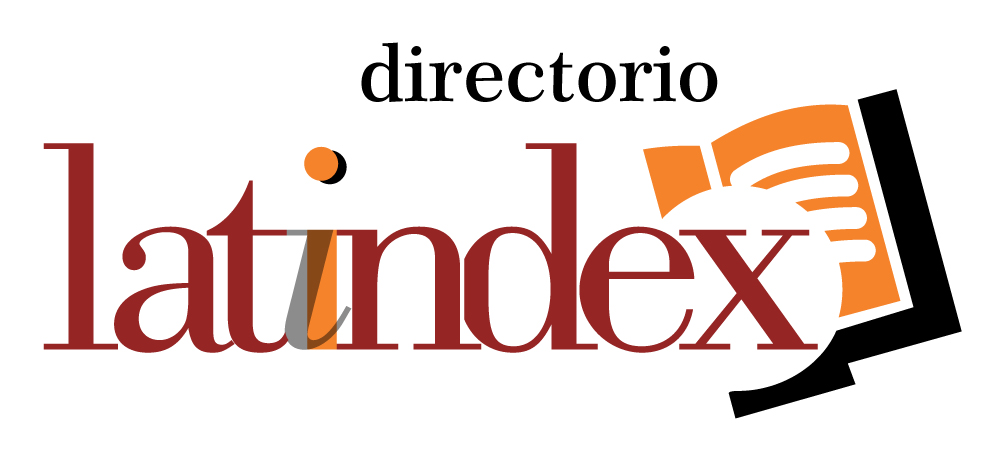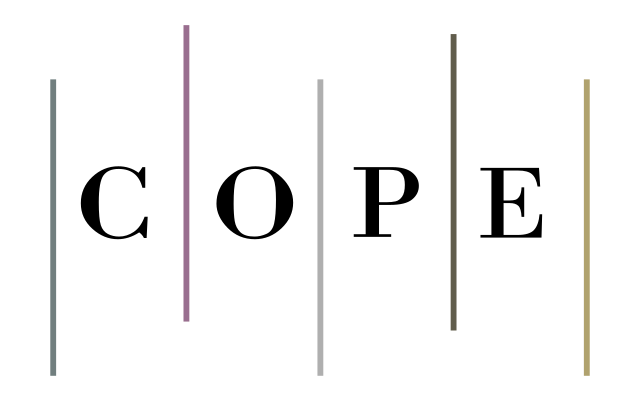Vol. 6 No. 2 (2015)

We present to the university community and readers interested in the promotion and dissemination of conceptual thinking volume 6, number 2, of the mature and traditional Inquietude at the Faculty of Philosophy of the Federal University of Goiás (UFG). Inquietude periodically publishes philosophical texts of students, professors, researchers from Brazil and other countries. As in previous volumes, this edition is the result of an intense and hard work by the Editorial Team, with the support of the Editorial Board. The confidence with which authors submit their articles to Inquietude reveals that commitment and quality in the evaluation of their writings follow the quality standards established by the guidelines of the journal allowing it to consolidate itself in the scope of research and publication in Philosophy.
The conceptual discussion is essential for the diversity of thought within society that thinks about itself in various ways, supplying a demand for space to disseminate research and, situating the reader about the philosophical problematizations with the proper argumentative exposition. These discussions permeate the formation and development of the thinking of this period, not only on the individual level, but of a particular that is universalized.
In dark moments where the question of "time" to devote to produce and study suffer cuts, it is worth recalling here the current troubled political scenario, affecting all Brazilians in general, and, specifically, the scholars of this noble area. The academic career of philosophy students suffers from serious problems in their areas of activity after graduation, either in basic or higher teaching. However, we hope for the best, and we wish plurality and debate of ideas are seen as absolutely necessary and indispensable by our society.
In this edition we present the Woodcut by Samuel Rodrigues (cover) and five unpublished articles of an odd philosophical restlessness.
We started with the article A brief study on verbal behavior and rationality as criteria for artificial intelligence verification [by Emanuel Lanzine Stobbe], which investigates the criterion of verbal behavior as a necessary condition for the verification of human and artificial intelligence. The central hypothesis is that a more demanding criterion is needed to establish a parallel between the evaluation criteria for rational investigation. Still in the wake of understanding our process of knowledge in general, we have another article, The concept of nous and its relation with the concept of dianoia in Aristotle's philosophy [by Alexandre Guedes Barbosa], which seeks to clarify the concepts of nous and dianoia in in his work De anima. The author’s objective is to obtain, in this perspective, a greater understanding about the bipartite comprehension in active (nous poiētikos) and passive (nous pathetikon), arguing the affections of the intellect are distinct from those of the possessor.
Still from the Aristotelian perspective, the article Aristotle's mathematical objects [by Matheus Gomes Reis Pinto] aims to investigate the structure and role of mathematics and its objects, making use of the Aristotelian writings on mathematics - more specifically the books M and N of Metaphysics -, as well as the dialogues resulting from philosophical discussions with his master, Plato.
Advancing in the discussion on the moral issue we publish, in this edition, the article Nietzsche and the aristocracy [by Ronaldo Moreira de Souza]. The text examines two types of morals identified by Nietzsche under the moral typology of masters and the moral of slaves. Such characterizations lead Nietzsche to think a new conception of politics. Called "Great Politics", it aims to oppose the conceptions of morality and politics prevailing in modernity and thus prepare the advent of a kind of "beyond-man" as overcoming modern man.
About the performance of philosophical knowledge in high school we have the article The teaching of philosophy in high school: New challenges [by Kairon Pereira de Araujo Sousa], which presents some new challenges of this discipline, throughout the history of Brazilian basic education, occupying a less privileged place. Until then, Philosophy had been used only as a complementary subject and taught by educators from various areas of knowledge. The article presents some of the new challenges faced by philosophy teachers, regarding their praxis and new reflections on secondary education.
Finally, we communicate to the reader our intention to launch two new editions later this year. We take the opportunity to welcome the new editors Mariane, Pedro and Reinner. We hope together we can build a journal with ever greater quality. Special thanks to the Editorial Board of Inquietude and the professors who made up the evaluation committee of the articles published here and to the authors who submitted their papers. We reaffirm we are always receptive to scholars who wish to send us their texts for publication.
Reinner Alves de Moraes








